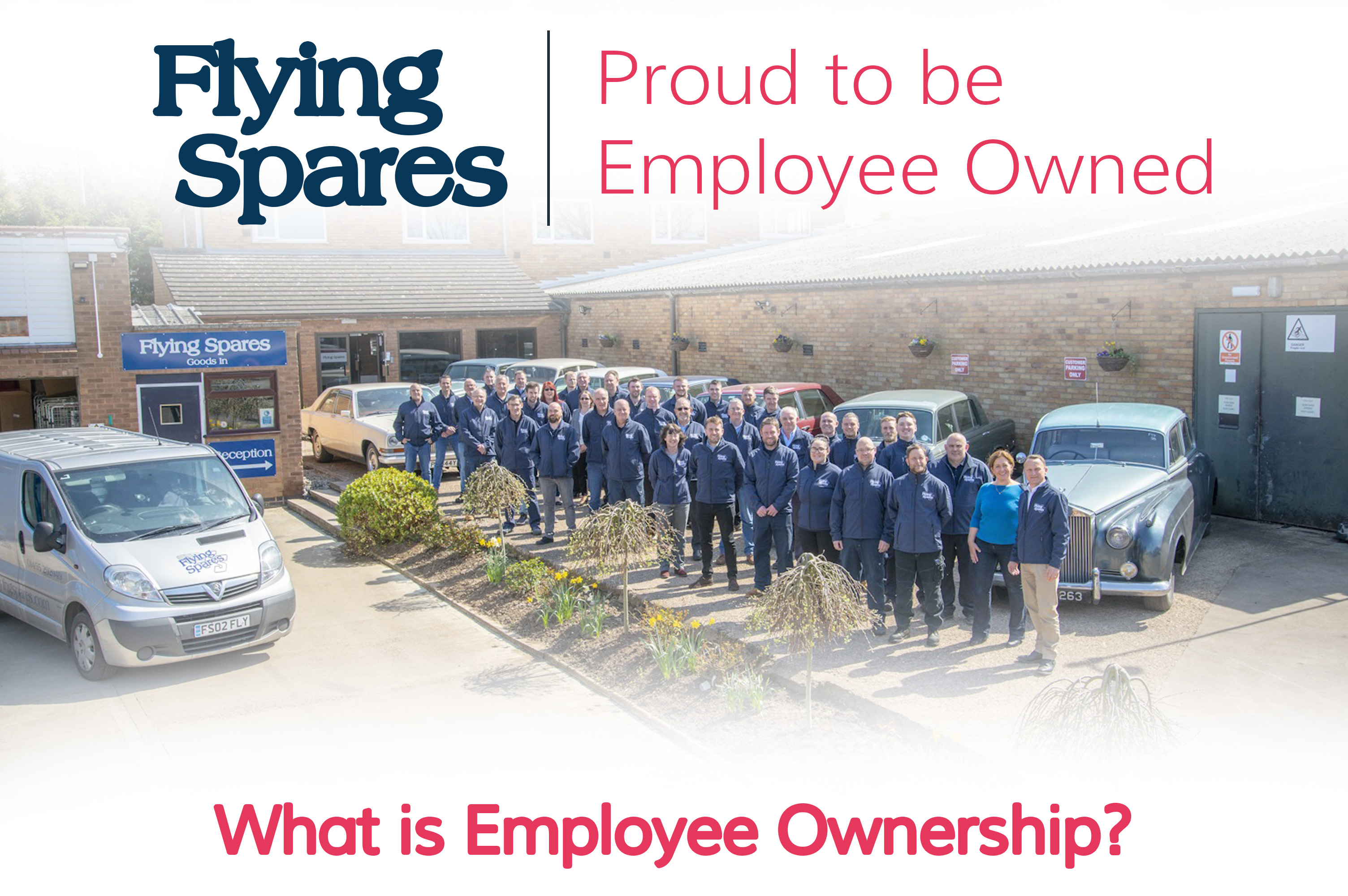
What is Employee Ownership?
Employee owned businesses are totally or significantly owned by their employees.
The economic contribution of employee ownership in the UK is significant and is growing. Employee ownership delivers 4% of UK GDP annually. Employee owned businesses achieve higher productivity and greater levels of innovation and are more resilient to economic turbulence. They also have more engaged, more fulfilled and less stressed workforces.
Employee ownership can take one of three forms:
- Direct employee ownership – using one or more tax advantaged share plans, employees become registered individual shareholders of a majority of the shares in their company;
- Indirect employee ownership – shares are held collectively on behalf of employees, normally through an employee trust;
- Combined direct and indirect ownership – a combination of individual and collective share ownership.
Employee ownership typically happens in one of the following scenarios:
- Business succession or ownership succession – private owners, such as an entrepreneur or family business, decide to sell to their workforce. The most typical route into employee ownership.
- Growth and Expansion – Partners, owners, or managers might decide to broaden ownership to cover most or all employees, reflecting the need to attract, retain and motivate talented people.
- Public Service Spin-Outs – Sometimes called mutuals, these newly created businesses including social enterprises and community interest companies delivering public services may choose an employee led or owned solution as part of their structure.
- Start Ups – as in the case of John Lewis, Arup Group or Scott Bader, the founder of a business opts for employee ownership at the outset of the business or later.
- Insolvency or closure threat – employee buy–outs can prove an effective route to recovery for businesses that might otherwise fail.
How does this work for Flying Spares?
The ownership of Flying Spares is in the form of an indirect employee ownership with 100% of the shares held collectively in a trust on behalf of the staff at Flying Spares. The founders of Flying Spares, Ben & Lucy Handford, chose the route of employee ownership as a way of securing the future succession of the business whilst provide job security to their employees.
Learn More
Find out more about the benefits of employee ownership in a video produced by one of the leading specialists in Employee Ownership.
Source: Employee Ownership Association (EOA) - https://employeeownership.co.uk/what-is-employee-ownership
